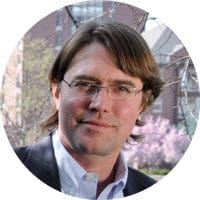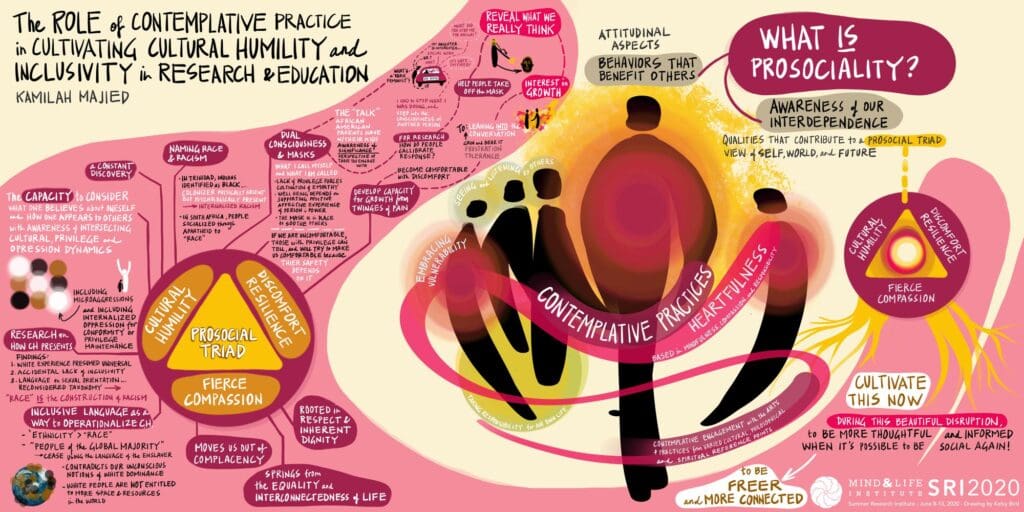
Held against the backdrop of a global pandemic and worldwide protests against police brutality and systemic racism, Mind & Life’s 17th annual Summer Research Institute (SRI) offered participants in 22 countries a unique opportunity to reflect on recent events and their roles in contributing to individual and societal healing.
“This is a critical moment in history that will shape our society in ways we cannot imagine,” said Mind & Life President Susan Bauer-Wu in welcoming over 200 attendees to the June 8-13 online event. Entitled Cultivating Pro-Social Development Across the Lifespan: Context, Relationships, and Contemplative Practice, the event sought to explore how people can “engage with one another in ways that foster meaningful relationships and caring connections,” she added.
In response to COVID-19 restrictions, SRI 2020 was the first ever to be held virtually. Over five days, attendees tuned in to plenary talks spanning science and the humanities, engaged in vigorous dialogue, and explored ongoing research through small groups and poster presentations.
Punctuating the proceedings was a day of contemplative practice facilitated by Courage of Care, a nonprofit dedicated to building communities of truth-telling and transformative practice. The arts, too, held a special place at SRI 2020, from an evening concert by sitarist Srinivas Reddy and session renderings by internationally-recognized scribe Kelvy Bird to presentations reinforcing the role of self-expression in healing historical trauma.
Multi-disciplinary faculty shared insights on the cultivation of prosocial behaviors from infancy through adulthood and across sectors from education to healthcare. “How we think about development has changed dramatically over the last 20 years,” said Philip Zelazo, Professor at the Institute of Childhood Development at the University of Minnesota, adding that contemplative practices like mindfulness and reflection hold enormous promise for the cultivation of prosocial behaviors in childhood and beyond.
Kimberly Schonert-Reichl, Professor of Education at the University of British Columbia, shared how school-based programs are promoting the development of empathy, kindness, and altruism among students, stressing the importance of whole-system approaches that emphasize teacher well-being and the contexts in which children learn.
Faculty and participants alike grappled with how to nurture prosocial qualities like trust, compassion, and resilience in societies marked by historic inequality and systemic oppression. Indigenous scholar Ramona Beltrán, an Associate Professor in the Graduate School of Social Work at the University of Denver, elaborated on the power of storytelling to interrupt and heal intergenerational trauma. “History is not linear,” she affirmed, but rather wounding is compounded over time by multiple exposures to structural and social inequality. Beltrán pointed to the “vast and transcendent” power of narrative to interrupt and heal historical traumas.
“Systemic racism is in place because of our inability to deal with it, talk about it, and do it in a way that is reparative,” said education consultant Angel Acosta. He went on to describe a persistent “ecology of inequality” in the U.S., and around the world, and the need for education systems to better prepare students to “process and metabolize” the truth of the past.
Systemic racism is in place because of our inability to deal with it,
talk about it, and do it in a way that is reparative.-Angel Acosta
Acosta shared his work through the 400 Years of Inequality project, which marked the 400th anniversary of the arrival of enslaved Africans to the U.S. through the creation of a 4×20-foot, interactive timeline. “The timeline is a contemplative tool that brings communities together to engage in mindfulness practice for the purpose of elevating and increasing consciousness,” he explained.
The current moment was viewed by several presenters as a turning point, calling for new ways of being in achieving deeper structural shifts. “The planet cannot say it any more clearly that business can’t go on as usual,” said Juan Santoyo, Co-founder of the Black Lotus Collective. In response to societal fragmentation, Santoyo stressed the importance of integrating fields, a defining characteristic of SRI since its inception.
Current unprecedented events were seen by many as an invitation to use contemplative practice as a springboard for social action. “I see such a role for contemplative practitioners in this moment and also a chance to show up more and go for broke,” said Brooke Lavelle, Co-founder and President of Courage of Care. “Spiritual practice is inherently political,” she added. For many traditions, “it’s about helping us grow beyond our sense of ‘me’ to a bigger sense of ‘we.’”
Kamilah Majied, a Professor in the Department of Social Work at California State University, referred to the collective pause brought about by the COVID-19 pandemic as a potentially “beautiful disruption,” and an opportunity to move toward more pro-social engagement. She encouraged participants to explore how their research and educational endeavors could reflect what she refers to as cultural humility and fierce compassion.
After SRI, attendees reported feeling connected, inspired, and part of something larger. Said one, “the collective processing of the current cultural moment as it relates to our work was invaluable.” Wrote another, “I appreciated the interconnectedness in the community and have many ideas for collaboration with those I met. Together, through mindfulness, we can stand for social change.”
Video excerpts of SRI 2020 presentations are being made available through Mind & Life social media channels.
Participants
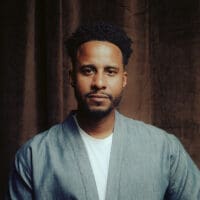

Susan Bauer-Wu
Mind & Life Institute
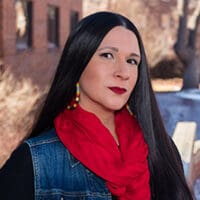
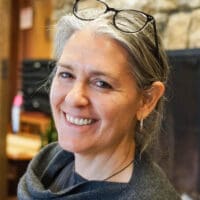
Kelvy Bird
Convening Faculty
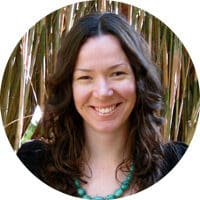
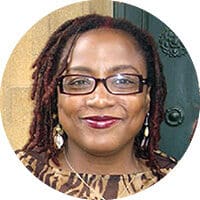
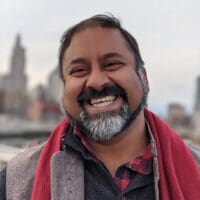
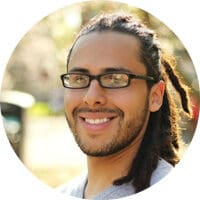
Juan Santoyo
Universidad de Antioquia; Massachusetts Institute of Technology
Grantee, Planning Committee Member, Reviewer
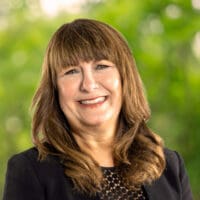
Kimberly Schonert-Reichl, PhD
University of British Columbia
Convening Faculty, Planning Committee Member, Reviewer
